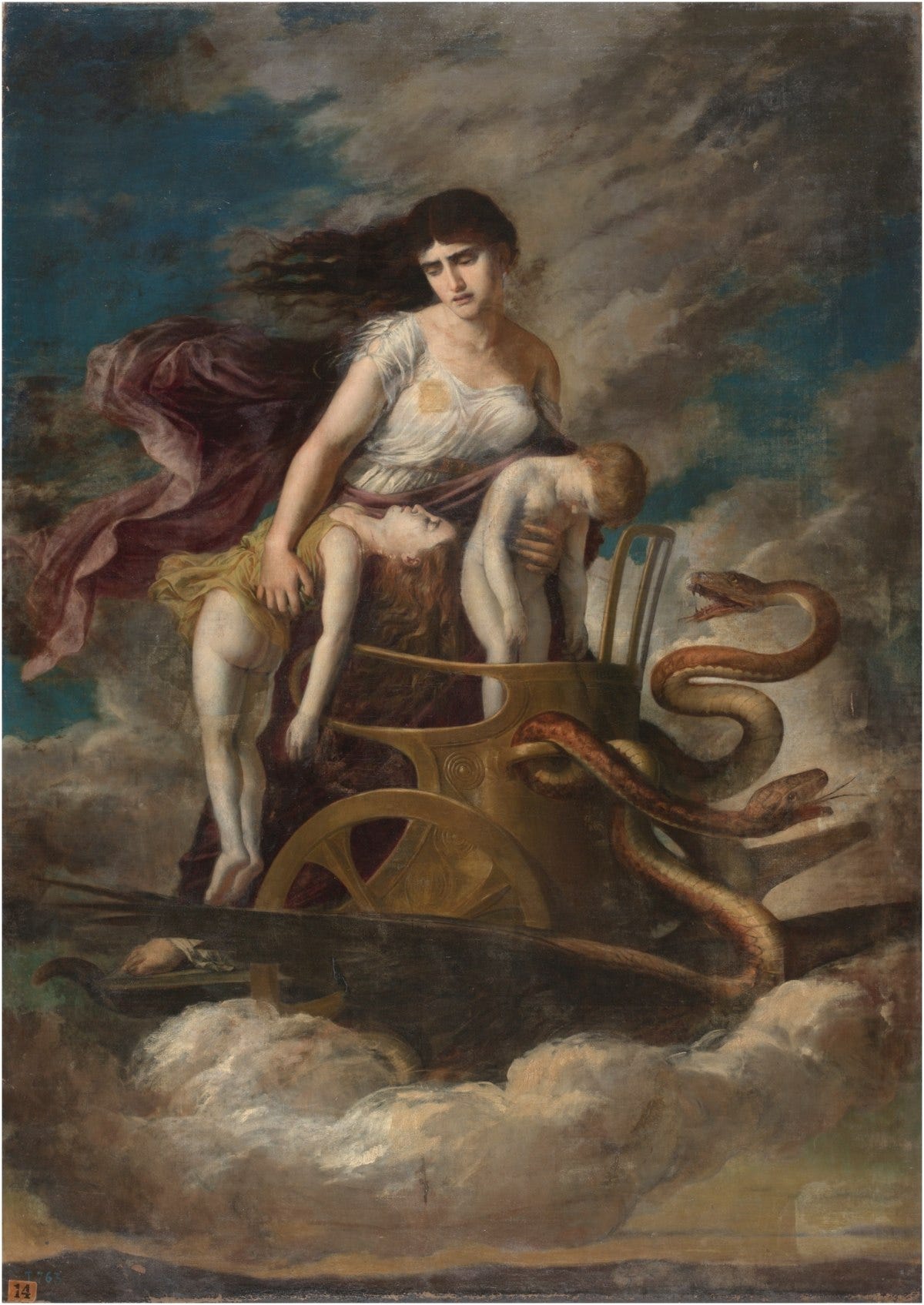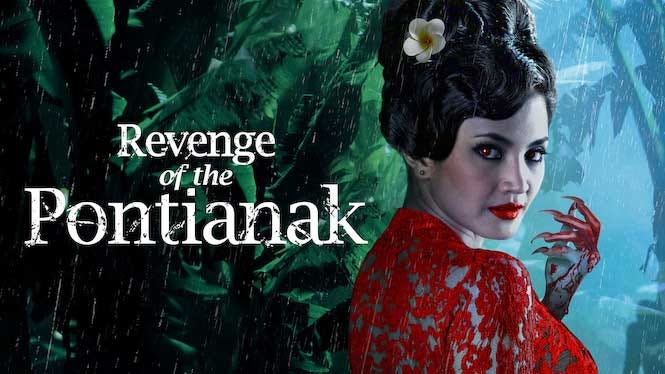Hi, I’m Jeannette, and this is the 22nd issue of The Sex Beat, a newsletter documenting my research on sex. I write this (mostly) weekly because I want to verbalise my thoughts better and hopefully, start some interesting conversations with you. If the content isn’t up your alley, feel free to unsubscribe here.
It was Mother’s Day over the weekend and because I’ve been setting up pipelines for motherhood content (as part of my PhD prep), I got a bunch of emails referencing “bad mothers” in the subject line.
In her newsletter issue about bad mothers in fiction, Elizabeth Marro asks, “What is a bad mother?” It’s a difficult question to answer because it all depends on who’s answering the question. And from what my mom-friends have told me, it seems really easy to be considered a bad mom.
This is a topic I’m especially interested in because within this overarching label “bad mother”, we often find mothers who like sex and monstrous mothers, both of which I have a strong affinity towards.
But more than that, within the broad label of bad mom, we also find helicopter moms and moms who allow independence, moms who allow fast food and others who only eat organic, moms who breastfeed up to 48 months, and moms who only do it for six. It’s too easy to be considered a bad mother.
The crazy thing – because she’s so common – is that when we come across a “bad mother” in fiction, it’s too easy to dislike her.
My favourite bad mothers from TV
I love Malory Archer (from Archer) and Moira Rose (from Schitt’s Creek). They’re both divas, generally selfish, and somewhat neglectful of their children – Moira couldn’t even remember her daughter’s middle name. And although both are older women with adult children, they still continue to express their sexuality.

As the owner of a spy agency, and once an international spy herself, Malory has a string of lovers all over the world. When she becomes a grandmother, she attempts to control the toddler’s diet because she’s “overweight”.
Moira, on the other hand, is happily married but is still in a very spicy relationship with her husband. In one episode of Schitt’s Creek, she asks her son, David, to look for some of her old nudes online:
I’m afraid you and I have arrived at an awkward moment in our parent-child relationship. It seems that there are some nude photographs of me on the internet, and I would like you to search for them.
The hilarious thing is that she was really disappointed when he couldn’t find any.
In another episode, she says to her daughter, Alexis, “What have I told you about putting your body on the internet? Never, ever without proper lighting!”
What’s unique about Malory and Moira is that they don’t feel any guilt. They never beat themselves up about their mothering (even though their kids have emotional complexes that were certainly affected by their upbringing).
What’s even more unique is that both Malory and Moira got happy endings (not the massage kind! lol).
Monstrous mothers
My first inkling of mother as monster was from Neil Gaiman’s Coraline, where she encounters the Other Mother. Prior to that, mothers in the fiction I read were close to non-existent.
The hero goes on a journey, and mothers are left behind. Children go on picnics and mysterious adventures, and mothers prepare and leave out the food they need. Bad mothers in fiction were frequently stepmothers, a completely different person from our real mothers.
Bad stepmothers feel understandable, but when a mother expresses her needs, has desires of her own, suddenly becomes a person of her own, it feels disconcerting. And when her personhood harms her children, she becomes monstrous.
Like Medea, who is probably one of the most famous monstrous mothers. In the most widely told version of the story, her husband, Jason (of Jason and the Argonauts fame) abandons her for the Corinth king’s daughter. In revenge, Medea kills their sons and escapes on a chariot to marry another king.
But consider the possibility of mothers becoming monstrous in order to be good mothers.
The fine line between mother and monster
In Revenge of the Pontianak (Dendam Pontianak, 2019), which I watched earlier this year, a dead woman goes on a ghostly, murderous rampage through her ex-lover’s village.
For those who are unfamiliar, the pontianak is a type of Malay ghost (hantu). Often referred to as a Malay vampire, she is the spirit of a woman who has died violently in childbirth.1
In this particular movie, Mina is the pontianak who gave birth to a son right before being murdered by her lover, Khalid. At the beginning, Khalid has brought his new bride, Siti, back to the village for their wedding ceremony. After the wedding, the haunting starts and the villagers blame Siti for it.
People get possessed, Khalid’s brother and best friend – who helped with the murder of his dead lover – are killed. At first, we think that this is a jealous, spurned lover who’s simply trying to take revenge. But the ending makes me think differently.
Instead of killing Siti, Mina asks her to look after her son, and to raise him as a good man.
So what’s really happening here is that she became a monster because it was the only way for her to be a good mother.
This is an idea I’m eager to explore further.
I have lots to say about the pontianak. A bit of trivia: Bram Stoker’s Dracula makes a reference to vampires in the Golden Chersonese, which was an old name for the Malay peninsula.



